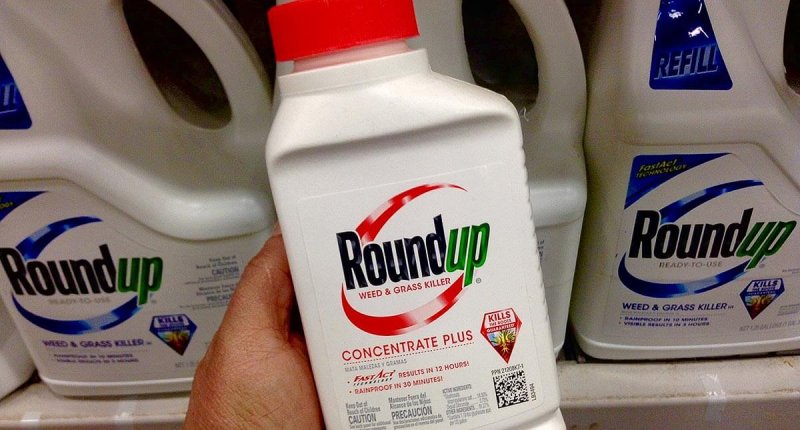The GLP aggregated and excerpted this blog/article to reflect the diversity of news, opinion and analysis.
Glyphosate does not cause cancer … if you read about it over the weekend.
That was the conclusion of a report published online by the Environmental Protection Agency on Friday, April 30, 2016, finally shutting down a 30-year debate by giving a definitive answer to a hotly contested topic. But, by Monday, May 2, it was gone.
The report, “Evaluation of the Carcinogenic Potential of Glyphosate,” was published by the Cancer Assessment Review Committee (CARC), the branch of the EPA that determines if a chemical causes cancer in humans.
[The 87-page report was preserved online before the EPA took it down and is available here]
[Read the GLP’s GMO FAQ report “Is Glyphosate Dangerous? here]
. . . .
This comprehensive report analyzed multiple different studies, with the conclusion on page 77 entitled “CLASSIFICATION OF CARCINOGENIC POTENTIAL.”
Here it states:
- Glyphosate is classified as “Not Likely to be Carcinogenic to Humans.”
- The epidemiological evidence at this time does not support a causal relationship between glyphosate exposure and solid tumors.
- There is also no evidence to support a causal relationship between glyphosate exposure and the following non-solid tumors: leukemia, multiple myeloma, or Hodgkin’s disease.
. . . .
Why would such a comprehensive report with a clear conclusion be removed from the website? The EPA told Reuters, in an email, that its assessment was not final (a particularly odd word choice for a report presenting their “final” guidelines) and that the documents were “preliminary.” The agency also stated that the “final” (final) report will be published later this year.
Read full, original post: EPA Magically Makes Glyphosate Safety Report Disappear































